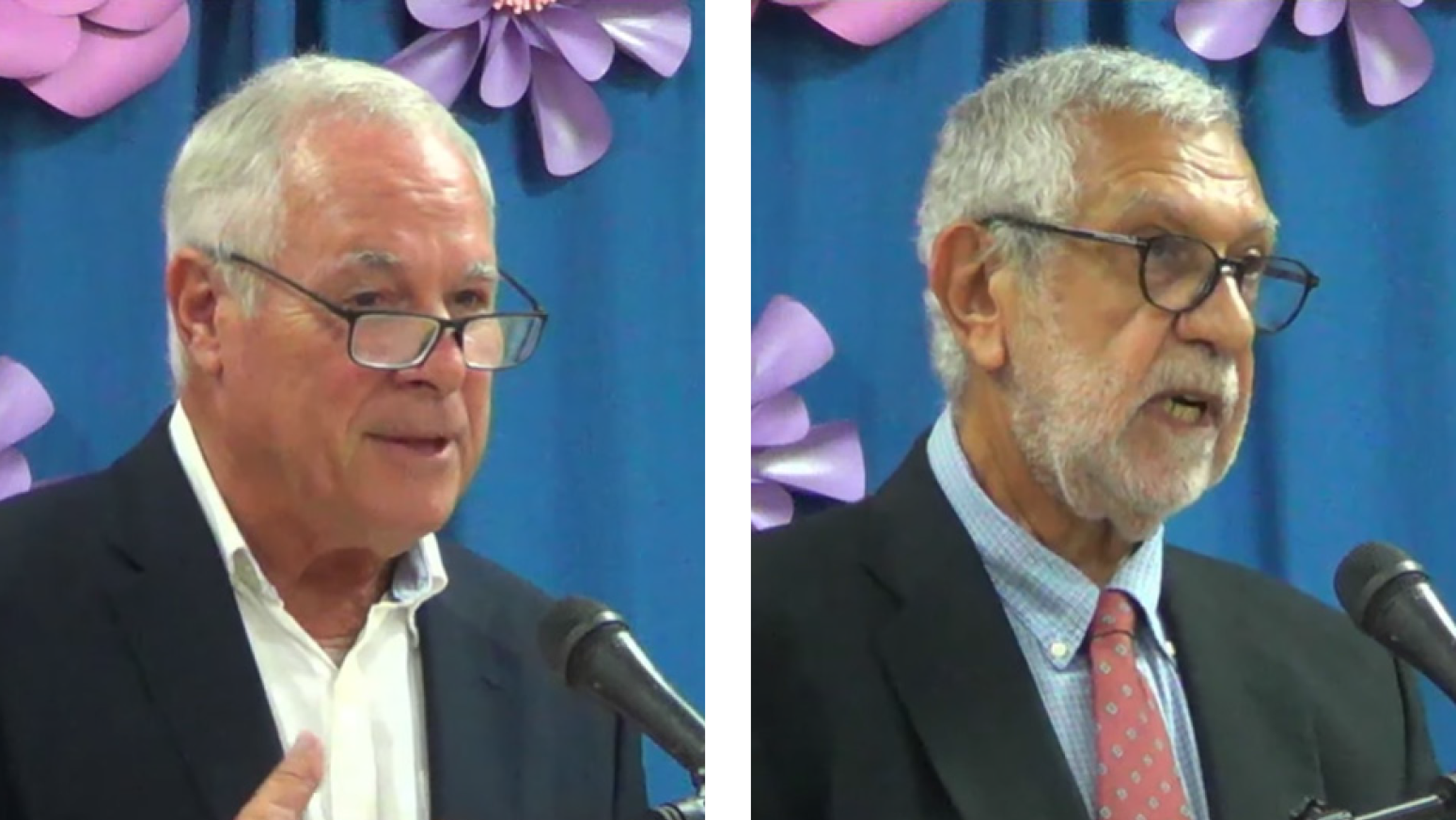Adapting to Global Labor Changes: Leaders Warn Trade Unions Risk Irrelevance

September 20, 2024
Trade unions urged to adapt to changing labor landscape at CTUSAB conference. Leaders emphasize transformative leadership, proactive dialogue with management, and addressing challenges of self-employment and gig work.
Trade unions must adapt to the changing global labour landscape or face becoming irrelevant, leaders warned on Thursday.
The call for evolution emerged as a central theme at the 15th Biennial Delegates Conference of the Congress of Trade Unions and Staff Associations of Barbados (CTUSAB).
In his keynote speech, Chris de Caires, chairman and managing director of the private Canadian maritime transport group Fednav International Ltd, called on unions to embrace a transformative approach to leadership.
“As we navigate a rapidly changing work environment, it’s essential that we understand the need to evolve. The voice of workers must be louder than ever,” he said.
De Caires urged union leaders to engage in more proactive dialogue with management, stating, “We must also bring management into this conversation so that together, we can craft solutions that not only benefit workers but also enhance productivity and business outcomes.”
CTUSAB President Dr P. Abdon DaSilva echoed these sentiments, warning that the decline of trade unions was a critical issue.
“If this decline continues, trade unions will not only lose their relevance but their survival as a bargaining force will be imperilled,” he said.
Dr DaSilva stressed the importance of strengthening the relationship between unions and their members, noting, “Our unions have proven their ability to overcome enormous obstacles, but we must realign our expectations and provide new opportunities to meet current and future challenges.”
The changing nature of employment, particularly the rise of self-employment and gig work, was highlighted as both a challenge and an opportunity.
“We must now work towards improving the working conditions of the self-employed and those on the fringes of the labour market, such as agency workers and freelancers,” Dr DaSilva said, calling for a renewed focus on collective bargaining strategies that encompass these new forms of work.
Minister of Labour Colin Jordan reinforced the need for unions to engage with evolving societal values.
“As our economy continues to evolve, there is potential for trade unions to play a pivotal role in shaping fair labour practices and advocating for workers’ rights,” he said. Jordan emphasised that collective action remains vital: “Challenges should drive us to build the future we want, energising and clarifying our prospects.”
Highlighting the importance of social justice and equity, the labour minister added: “The increasing awareness of these issues provides an opportunity for the trade union movement to champion not just pay improvements but also issues such as diversity and inclusion.”
Jordan cautioned against the creation of a “precariat class” – a social grouping that lacks security and predictability in their lives, affecting their psychological and material well-being. He noted that unions and employers must work collaboratively to address the challenges ahead.
The conference invited delegates to consider five resolutions aimed at addressing critical labour issues, including the establishment of workplace safety and health committees, the non-medical use of drugs, and setting the retirement age for members of the Barbados Police Service.
Dr DaSilva advised: “We must renew our commitment to ensuring that the labour movement remains relevant and robust in the face of evolving challenges and opportunities.”


